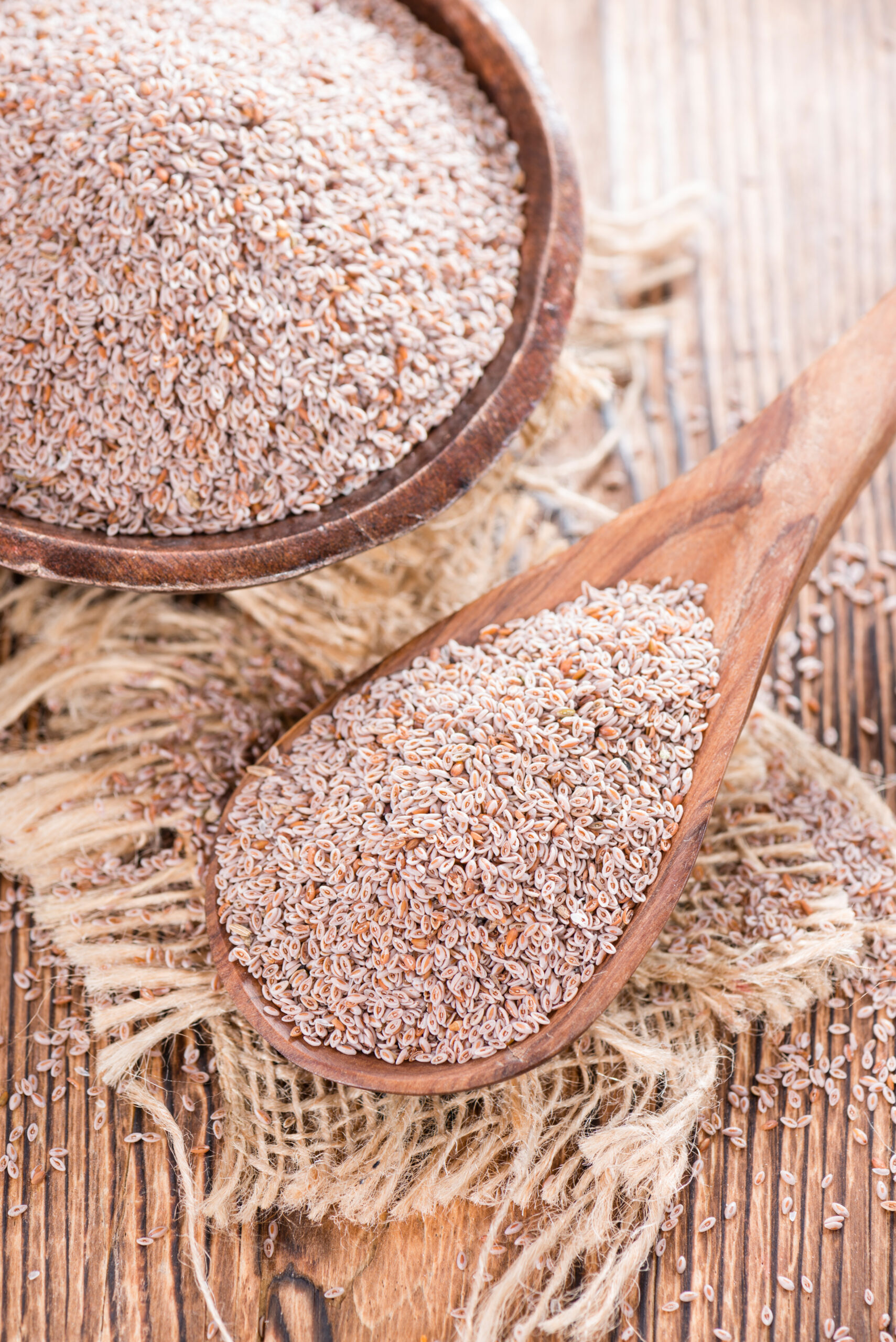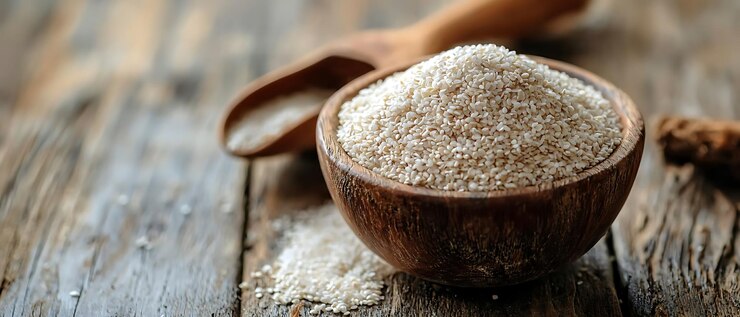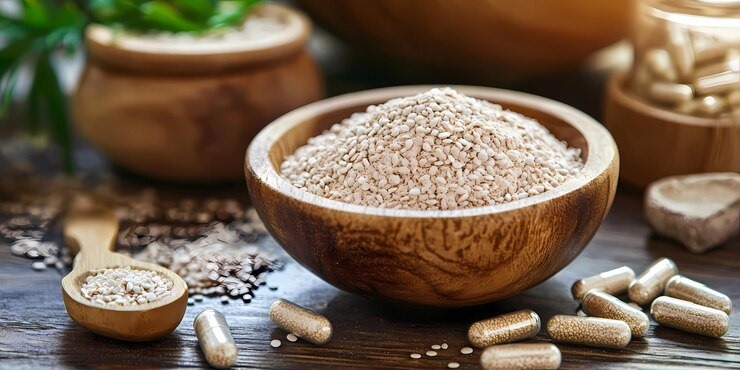Psyllium Husks, the Natural Powerhouse of Digestive Fiber

Psyllium husk is the outer coating or “husk” of the seeds from the Plantago ovata plant, which is native to India and surrounding regions. These tiny, tasteless husks are widely known for their ability to absorb water and form a gel-like consistency — a property that makes them highly effective for digestive health.
Psyllium has long been used in traditional medicine systems, especially in Ayurveda, as a natural laxative and detoxifier. Today, it is recognized globally as a gentle, plant-based solution to support gut function and improve overall well-being.
Psyllium Husk in Ancient and Modern Healing

Historically, psyllium has been used to alleviate constipation, support colon cleansing, and aid in digestion. Its rich mucilage content makes it excellent for forming bulk in the stool and facilitating smoother bowel movements.
In modern wellness practices, psyllium is frequently found in fiber supplements and digestive aids, appreciated for its ability to support weight management, stabilize blood sugar, and reduce cholesterol.
Nutritional Composition

Vitamins: Vitamin B-complex
Minerals: potassium, magnesium, calcium, sodium
Dietary Fiber: mainly soluble fiber (mucilage)
Proteins: small amounts
Carbohydrates: complex carbs
No fat or cholesterol
The Benefits of Psyllium Husk
🐟 Rich Source of Fiber
Psyllium husk is one of the richest natural sources of soluble fiber. Just 1 tablespoon contains about 5 to 7 grams of fiber, which is around 20–25% of the recommended daily intake.
Soluble fiber absorbs water in the digestive tract, forming a gel that softens the stool and makes it easier to pass. This makes psyllium extremely helpful for those suffering from constipation, irregular bowel movements, or irritable bowel syndrome (IBS).
Psyllium also supports gut health by feeding beneficial bacteria in the intestines, helping maintain a balanced microbiome
🐟 Supports Heart Health
Studies have shown that regular consumption of psyllium husk can reduce LDL cholesterol (bad cholesterol) without affecting HDL (good cholesterol). The soluble fiber traps bile acids in the intestine and promotes their elimination, prompting the liver to use more cholesterol to make new bile acids — thereby reducing overall cholesterol in the body.
This can lower the risk of heart disease and support a healthier cardiovascular system.
🐟 Regulates Blood Sugar Levels
Psyllium slows down the digestion of carbohydrates, resulting in a slower release of glucose into the bloodstream. This helps prevent spikes in blood sugar levels and improves insulin sensitivity — particularly beneficial for people with type 2 diabetes or pre-diabetes.
A clinical study published in the American Journal of Clinical Nutrition showed that psyllium supplementation improved glycemic control in patients with type 2 diabetes.
